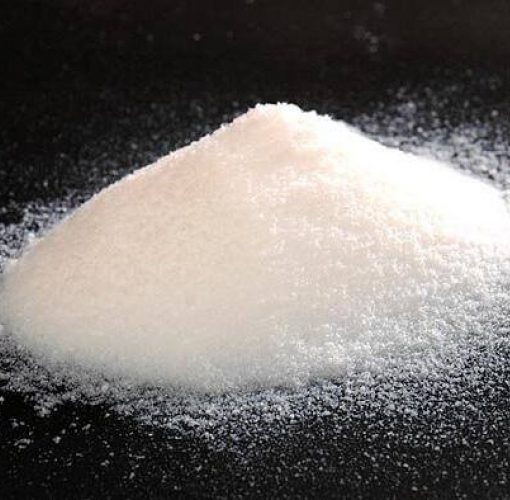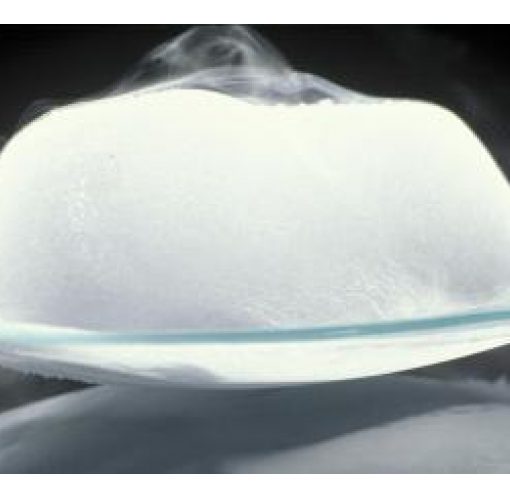Silica SiO2 specification: 1-3mm / 2-4mm
SiO2 is also called silica. It is widely distributed in nature, such as quartz, quartz sand, etc. White or colorless, light yellow with high iron content. Density 2.2 ~ 2.66. Melting point 1670 ℃ (quartz); 1710 ℃ (cristobalite). The boiling point is 2230 ℃, and the relative dielectric constant is 3.9. Insoluble in water, slightly soluble in acid, can act with molten alkali in granular state. Used for making glass, water glass, pottery, enamel, refractory, ferrosilicon, molding sand, elemental silicon, etc.
Application of silica and SiO2:
Silicon standard solution. Preparation of water glass and silicon compounds. In transistors and integrated circuits, it is used as a masking film and protective layer for impurity diffusion, and a silicon dioxide film is made as an integrated circuit device. Glass industry.
SI & mdash; The bond energy of O bond is very high, and the melting point and boiling point are high (melting point 1723 ℃, boiling point 2230 ℃).
SiO₂ + 4HF = SiF4↑ + 2H₂O
Acid oxygen permeability:
Silica and alkaline oxides
SiO ν + Cao = (high temperature) CaSiO3
Silica can be dissolved in concentrated hot strong alkali solution:
SiO₂ + 2NaOH = Na2SiO3 + H₂O
(the reason why the reagent bottle containing alkali cannot use glass stopper but rubber stopper)
Under high temperature, silica can be reduced by carbon, magnesium and aluminum:
SiO ν + 2C = (high temperature) Si + 2CO
Physical properties of silica and SiO2:
Silicon dioxide, also known as silica, has the chemical formula SiO ν. Crystalline silica and amorphous silica exist in nature. Crystalline silica can be divided into quartz, scaly quartz and cristobalite due to different crystal structure. Pure quartz is colorless crystal. Large and transparent prismatic quartz is called crystal. If the crystal containing trace impurities has different colors, there are Amethyst, tea crystal, ink crystal, etc. Ordinary sand is fine quartz crystal, including yellow sand (more iron impurities) and white sand (less impurities and purer). In the silica crystal, the four valence electrons of the silicon atom form four covalent bonds with four oxygen atoms. The silicon atom is located in the center of the regular tetrahedron, and the four oxygen atoms are located at the four top angles of the regular tetrahedron. SiO ν is the simplest formula for composition, which only represents the ratio of the number of silicon and oxygen atoms in the silica crystal. Silica is an atomic crystal.
Diatomite existing in nature is amorphous silica, which is the remains of lower aquatic plant diatom. It is a white solid or powder, porous, light and soft solid with strong adsorption.
The company uses & ldquo; New concepts, new technologies and new products & rdquo; With & ldquo; Pursue customer satisfaction & rdquo; As the goal. We are committed to implementing IS9001 quality management system and have obtained a number of patents. After years of efforts, SiO2 with high purity, high density and monomer has been developed and produced for precision optical applications


